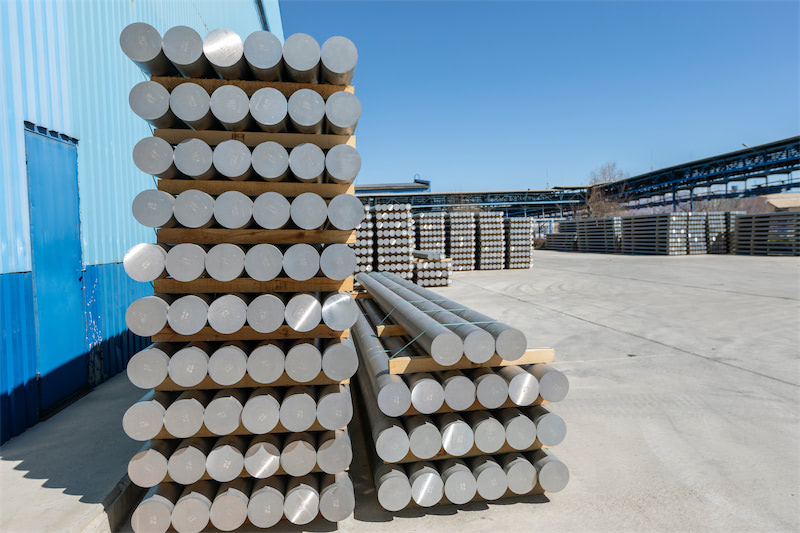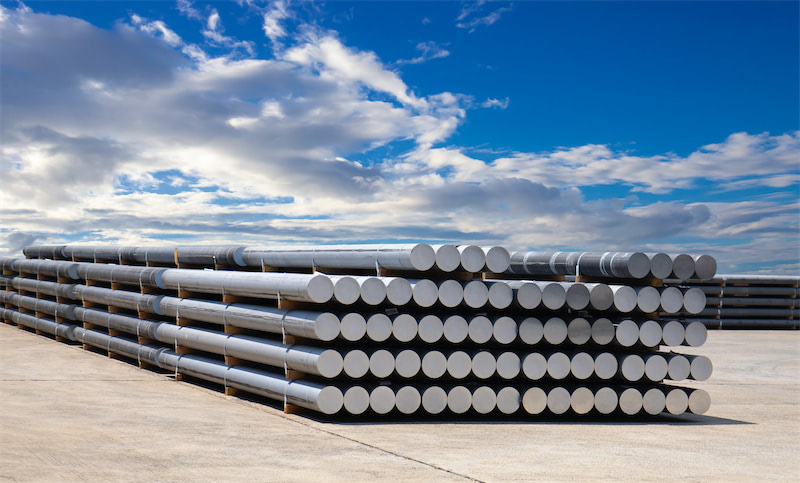by Jeff Yoders on NOVEMBER 18, 2016
What a possible infrastructure plan from President-elect Donald Trump might look like started to emerge this week. It involves public-private partnerships with the private dollars promised in exchange for tax credits and like much of what our soon-to-be-president does it’s yuuuuge at an estimated $1 trillion.
The markets — including metals — responded favorably. Even the U.S. dollar and metals prices abandoned their usual inverse correlation as both increased. The Dow Jones Industrial Average hit its highest level since 2011, even.
Are aluminum stockpiles related to China Zhongwang?
While we were celebrating what we think is certain deregulation and a better business environment to come here in the U.S., our own government was doing some regulating of its own. The Commerce Department is still investigating China Zhongwang for allegedly selling Aluminum 5050 alloy products that make no sense just to avoid anti-dumping and countervailing duties orders.
A Simple Mistake? Or a Sophisticated Aluminum Scam?
China Zhongwang Spokeswoman Harriet Lau said the company only provided the product, which the company doesn’t normally sell, because their U.S. distributor requested it and that they made and shipped very little of it. The customer is always right, right? Wrong.
Now China Zhongwang’s proposed acquisition of U.S. aluminum company Aleris — a company that would love to be acquired by a multinational rather than an investor looking to make a quick buck on a turnaround — is in doubt.
Hey, Remember that Transpacific Trade Partnership?
Further cementing how difficult free trade between countries with disparate economic systems can be, the Trans-Pacific Partnership between the U.S. and 12 countries is dead for the short term and maybe permanently. China wasn’t a signatory to TPP but now that the U.S. and its allies are out of the way, the People’s Republic is stepping into the vacuum to try to woo the former Asian suitor nations to a new pact with China while leaving out the U.S., Canada, Australia and others.
So, what could have been U.S.-style intellectual property and trading rules could very much be Chinese-style economics if a different deal is reached. Is this the price of anti-globalization?



